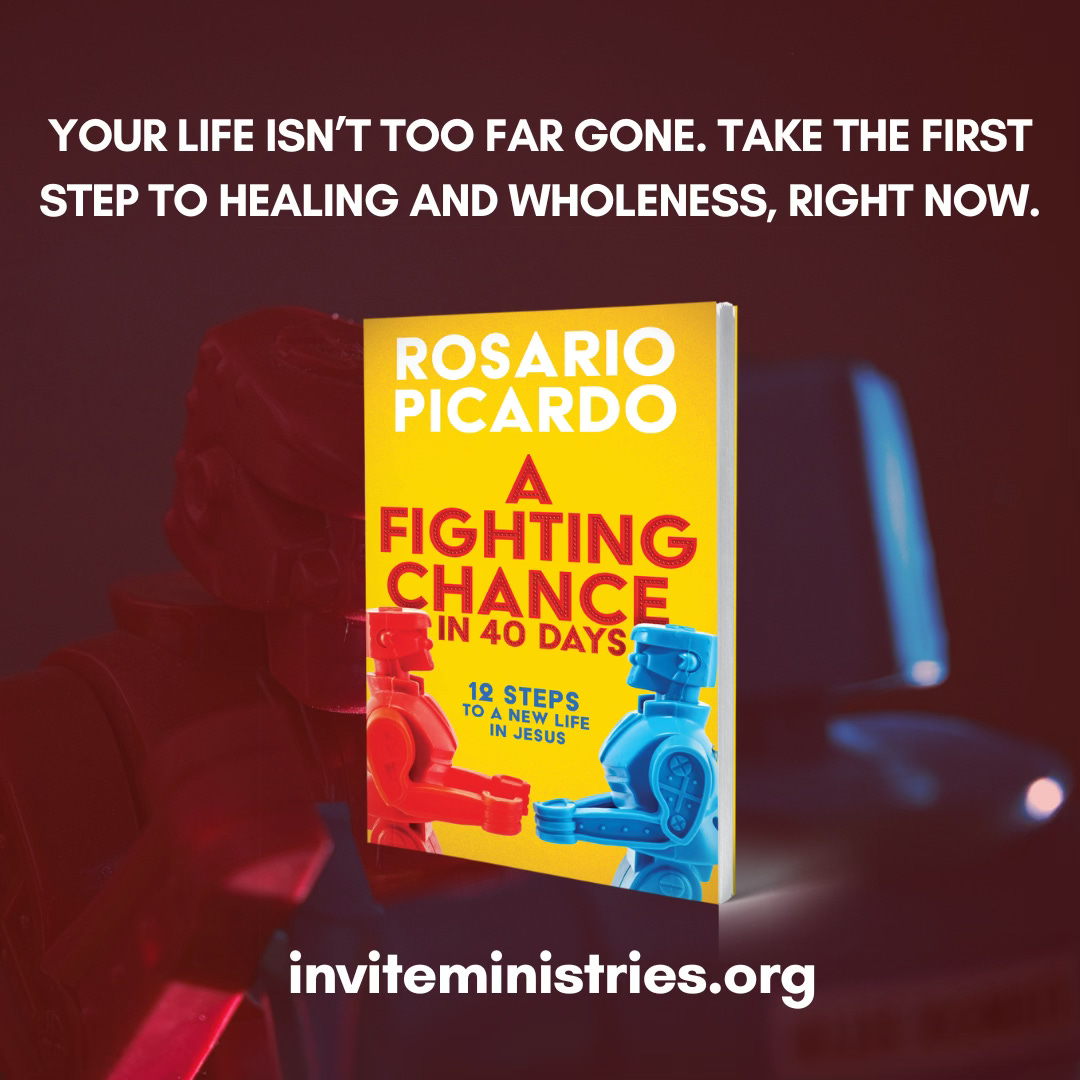It didn’t happen overnight, and healing wouldn’t happen quickly. I didn’t realize how quickly I was slipping into a destructive cycle. I’m fortunate that Addiction doesn’t always look like rock bottom. Sometimes, it seems like high achievement, people-pleasing, and quiet struggles behind closed doors.

For me, it wasn’t just alcohol. It was food. It worked. It was instant gratification. It was the constant need to push harder, do more, and escape from my own emotions.
I thought I was managing it, that I had it under control—until I didn’t. It suddenly hit me that I wasn’t fully living; I was barely getting by.
That’s when I realized I needed a fighting chance.
The Battle We All Face
We all have something we turn to when life gets overwhelming. Some escape through alcohol or substances. Others through overworking, binge-watching, scrolling endlessly, or seeking approval from people who don’t even know them.
Whatever it is, the cycle is the same: It promises relief but leaves us empty. And it’s a repetitive cycle mixed with guilt and shame.
At some point, I had to ask myself, what am I trying to numb?
Was it stress?
Was it unresolved wounds?
Was it the fear that, deep down, I wasn’t enough?
To be quite honest it was probably a mixture of all those things.
What we reach for in times of stress reveals where we place our trust.
What I Learned About Breaking Free
I used to think my struggle was just about what I needed to quit—but the real battle was in my mind.
Behind the alcohol—was my need for control.
Behind the stress—was avoiding the emotions I didn’t want to face.
Behind the bad habits—was a belief system keeping me trapped.
The more I tried to “fix” my behavior without addressing the deeper wounds, the more frustrated I became in the process.
What finally changed?
I learned that breaking free isn’t about behavior modification but heart transformation.
The 12 Steps Are for Everyone
The 12 steps aren’t just for “those people.” I convinced myself the 12 Steps were just for people battling addiction. But the more I leaned into the steps, the more I realized—they’re for anyone who wants to break free from unhealthy patterns and live fully. And the best part is they are all derived and heavily influenced by the Scriptures.
Step 1: Admit you are powerless—We all need to let go of control.
Step 4: Take a fearless moral inventory—Who doesn’t need to confront their past?
Step 9: Make amends—Healing happens in relationships.
Step 11: Seek God through prayer and meditation—True transformation is only possible because of God.
The 12 Steps offer us a tool to use, and when it is used effectively, it can provide a pathway for surrender, healing, and spiritual transformation. Whether you struggle with addiction, anxiety, self-sabotage, or just the weight of life’s demands. We can use the steps to recover from something.
The Hardest Step: Letting Go
The hardest thing I had to do wasn’t give up alcohol. It was surrendering the illusion that I could fix myself.
I had spent so long believing:
I just need to try harder.
I should be able to handle this on my own.
God helps those who help themselves, right?
But that was the lie keeping me stuck.
I didn’t need more willpower—I needed to let go and trust God.
Surrender isn’t weakness—its where real strength begins.
You Have a Fighting Chance
Quit giving in to the lies that you will always be trapped in addiction, anxiety, fear, or unhealthy cycles.
As long as you have breath, you are still in the fight. But the battle doesn’t belong to you. It belongs to God.
Your life isn’t too far gone. You are not beyond healing.
Are you ready to stop running, to stop numbing, and to start surrendering?
I won’t lie and tell you it will be easy. But I can promise you this—it’s worth it.
Because no matter where you are, God is not done with you yet.
All proceeds of Fighting Chance will go toward the amazing community of Mosaic Church.




